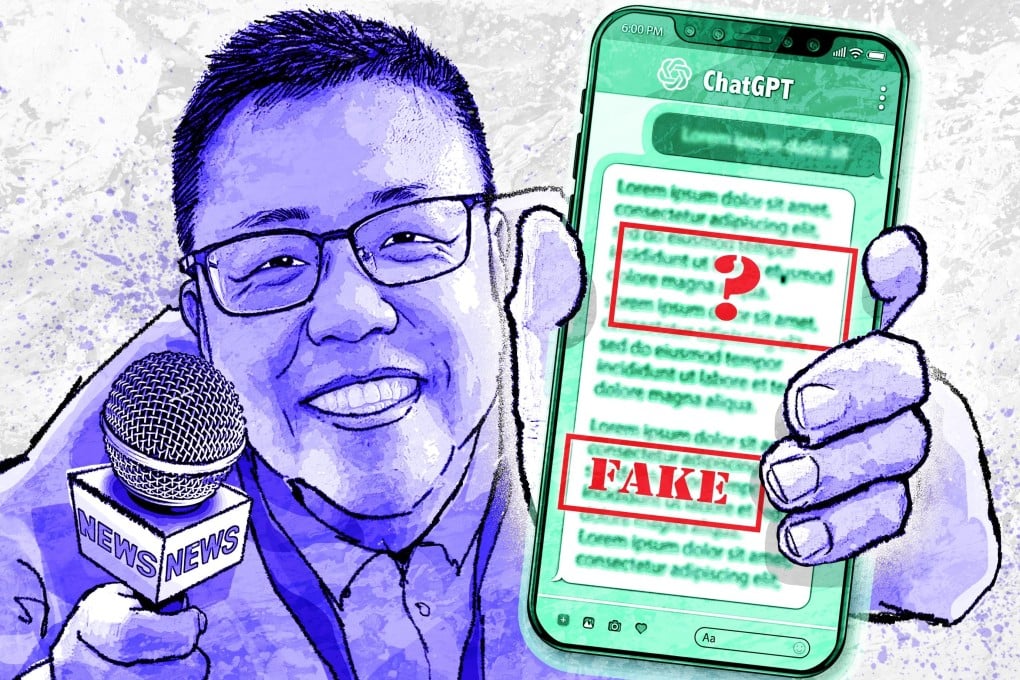Will ChatGPT replace me? Hong Kong reporter gets the shivers as he learns what the AI tool can do
- SCMP journalist Oscar Liu spends weeks working on a two-part report, ChatGPT churns out articles in under a minute
- Chatbot-generated reports found to have fictional newsmakers, unverifiable quotes, questionable claims

I have to admit that several times over the past few weeks, and sometimes in a bout of sheer terror, I wondered if I may one day lose my job as a journalist in Hong Kong to an artificial intelligence-driven chatbot.
The Microsoft-backed AI tool took the internet by storm after its launch last November. Garnering 100 million users worldwide in its first two months, it became the fastest-growing consumer application in history.
Many people I spoke to gushed that it could do everything: write essays and marketing pitches, solve mathematical problems, figure out computer code and even produce a thesis for a postgraduate student. All in a matter of seconds.
My assignment started after my friend told me that a young trainee lawyer had begun using the AI tool to draft legal documents and correspondence.